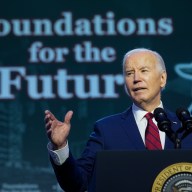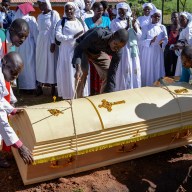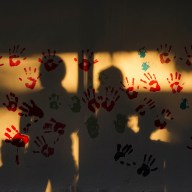Violence against aboriginal women is a global issue that hits hardest at a local level, says Monica Aleman, president of the International Indigenous Women’s Forum.
The Nicaraguan, who is speaking in Halifax on June 4, works with the UN and Amnesty International to combat it.
“The key issue is the environment that impacts on the life of indigenous women. For example, the forced removal of indigenous people from their ancestral territory and the spiritual violence that is experienced as a result of that,” she said in a recent interview from New York. “There is no local problem that does not have an impact at the global level, especially when it comes to the situation faced by women,” she said. “We have two basic principles: The first is that it is universal and the second is that it is individual.
“Indigenous women are facing violence not only from state policies that have institutionalized racism and discrimination, but also inside their communities and their homes.”
Aleman argues for better services to help aboriginal people in their communities, rather than, for example, abused women having to move to the city to find a shelter.
Jennifer Lord, of the Native Women Association of Canada, says the “Canadian crisis” of aboriginal women suffering higher levels of violence should be an issue for all of us.
“We’re not talking about just violence within communities, we’re talking about the devaluing of aboriginal women in our society at large,” she said.
Lord pointed to cases like Tanya Jean Brooks, a Mi’kmaq woman found murdered at Halifax’s St. Patrick’s-Alexandra School in May, as illustrating how the societal devaluing of aboriginal women combines with individual violence against a women.
“It’s circumstances in your life that you experience, and when you don’t have the appropriate services and supports in your life it leads into a further downward spiral.”
















